In economics, the fundamental truth is people are rational. In college, it’s that we’re broke.
Let me set an all too familiar scene. It’s 11 p.m. and you’ve been marinating in the oppressively musty pile of depression that is the Zachry Engineering Education Complex for the past six hours. Consolation BadChx is absolutely warranted. As if watching the last of your grocery money dwindle away with the tap of a card wasn’t enough, you’re borderline assaulted by the dreaded white and blue pop-up: the tip screen.
Where did tipping even come from? Perhaps it was from Europe, where serfs would receive an extra gratuity from their masters for excellent performance. Maybe it was from the wealthy of centuries past who would leave extra money in a tavern or shop baskets marked, “To Insure Promptness.”
Wherever it came from, it made its way into ‘Merica and our employers quickly used it to seek out loopholes in minimum wage laws. In Texas, employers are allowed to pay their restaurant workers as little as $2.13 an hour with the implication that the rest will be made up by tips.
See, tipping someone who is paid less than what your drink costs is understandable, but this cultural paradigm has substantially shifted.
With the proliferation of touch screens and payment apps like Apple Pay, it has become much easier for non-restaurant companies to ask for tips when you pay with a card. It started out with the hipster coffee shops innocently providing a new way to encourage outstanding service from baristas, or maybe the high schoolers who flip ice cream in the air for you at Marble Slab. Starbucks, Carport, Sweet Eugene’s and Dutch Bros — to name a few — were quick to hop on the trend. But should tipping your barista like a waiter be the new norm?
Unlike restaurant waiters, baristas in Texas are paid at least minimum wage without tips. Obviously barista pay is not phenomenal, but it is a minimum-wage job meant to be a stepping-stone towards an actual livable salary. As such, the justification for tipping them now becomes a gratuity for a job well done. It’s one thing if you order seven extra-foam soy chai lattes with sugar-free hazelnut syrup, but what about just a small coffee?
One barista told Food & Wine, “If someone gets just a small coffee, I definitely still notice when they don’t tip,” she said. “When people tip I’ll go out of my way to do stuff for them. There are some regulars who never tip, and I’m just like, ‘Why?’”
Well, why should we be expected to pay extra upfront for a coffee we’ve neither yet tasted nor received? How are we supposed to predict you’re going to do a good job or get our order right? How do we even know the tip will go to the barista and not some random person in the back? An extra buck or two can be completely warranted depending on the order, but it shouldn’t be a necessity to fulfill the basic requirements of your job.
This mentality is precisely what fuels the outrageous tipping culture we see today.
Salons are demanding at least 20% gratuity for your hairdresser. Boys can expect to pay around $45, meanwhile girls are automatically subjected to a wash, cut and style that can easily cost hundreds. Man, I’m just a college girly trying to get a quick cut so I can make my shampoo last longer.
At least you can always cut your hair yourself, but what about dermatology procedures?
Especially for botox injections, women are realizing being asked to tip 20% on top of the $1,000 cost is hundreds of dollars going towards doctors or other medical professionals who are most definitely paid well above minimum wage. I went to get a laser procedure done on my stubbornly-dark Hispanic hair, and seeing the tip request was pretty frustrating. How does it make sense that pressing a machine button and moving a painful scanner across my arms for ten minutes deserves an extra $70?
It’s gotten to the point where self-checkout machines are prompting us for tips. Keyword: self. You have no interaction with a single employee during a transaction and yet you’re prompted to tip 20%. There’s not even a guarantee that the gratuity will go to any of the workers because the Fair Labor Standards Act doesn’t extend to machines. Seriously?
How is it fair for the Starbucks barista to expect the same tips as the T. Jin’s waiter who gets paid a fifth of her salary for arguably twice the amount of work? How is it ethical to tip medical professionals who don’t even need tips? How can we possibly justify paying an extra 20% to tablets at self-checkout that have quite literally taken people’s jobs?
These tipping practices are cheap tactics to pressure consumers into feeling obligated; if we refuse we feel guilty, but if we give in we continue to perpetuate this completely unjustified culture that thrives off of emotional blackmail. The card machines aren’t going away anytime soon, but always remember: if you pay cash, they can’t ask.
Isabella Garcia is an economics sophomore and opinion writer for The Battalion.




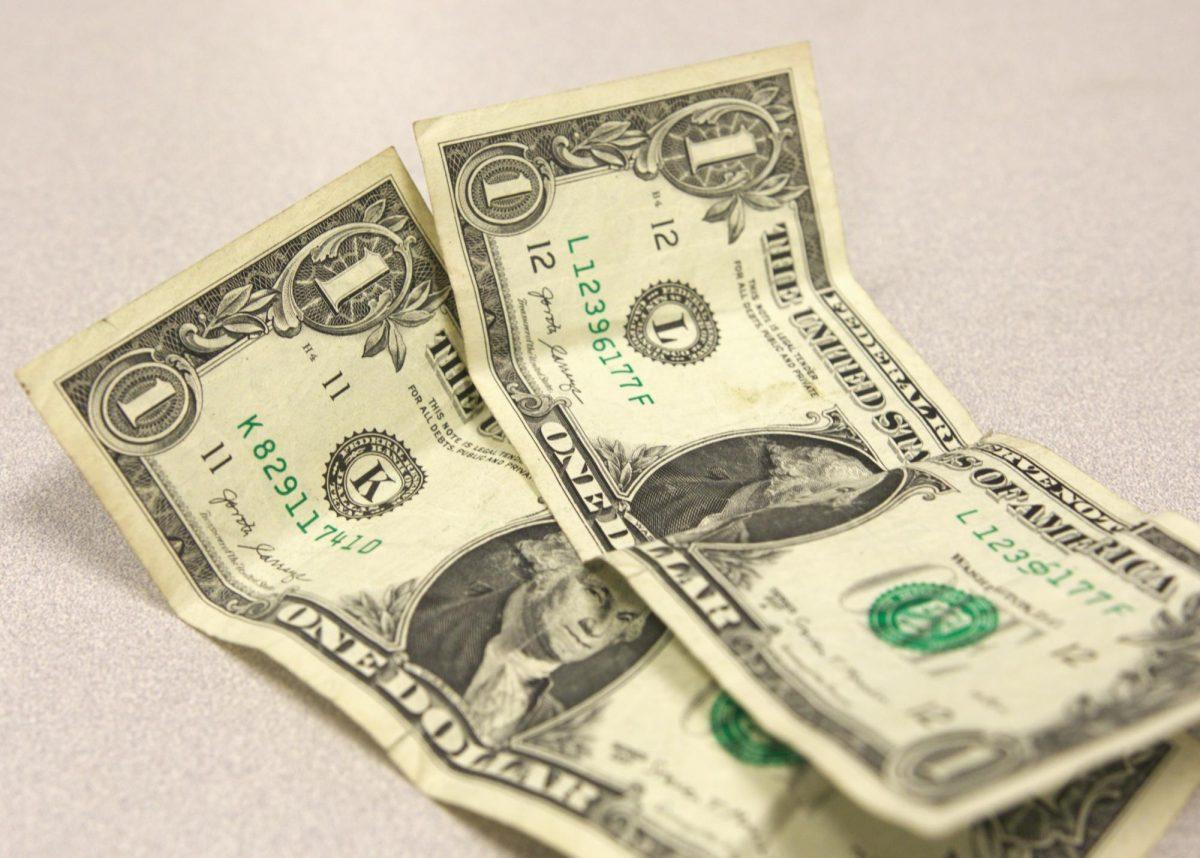




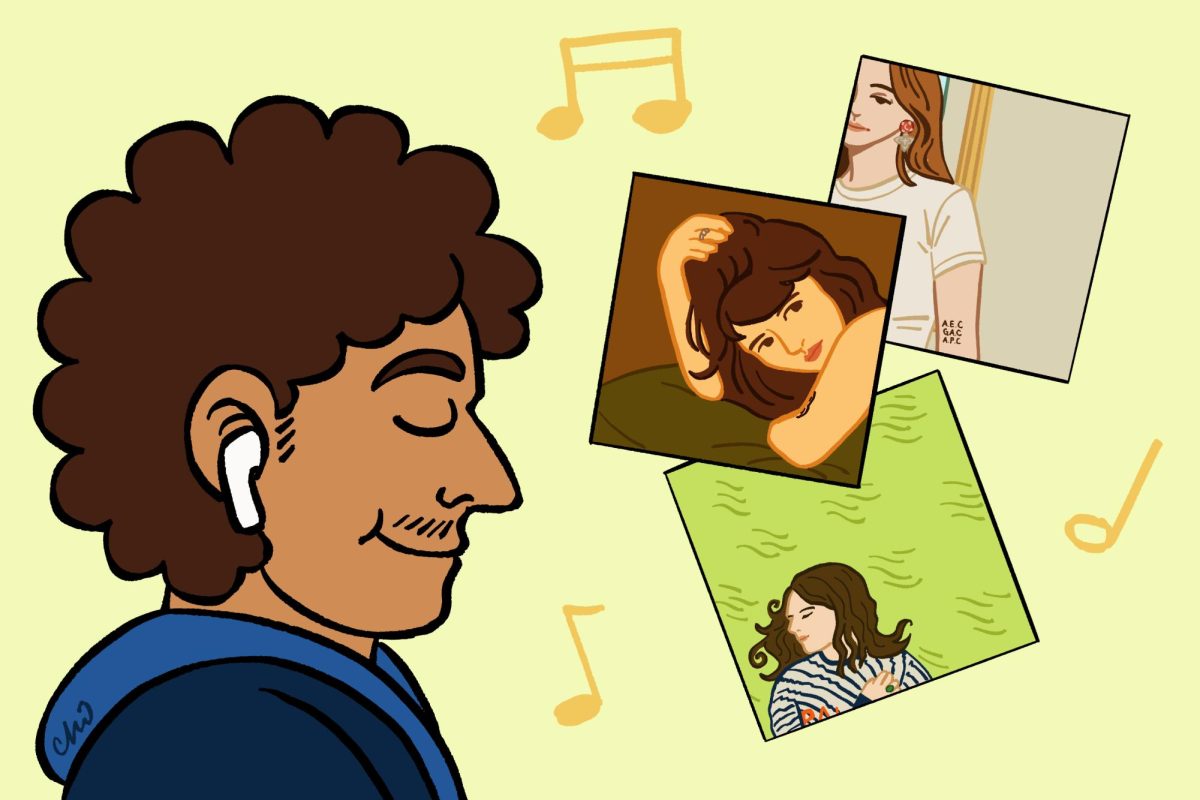
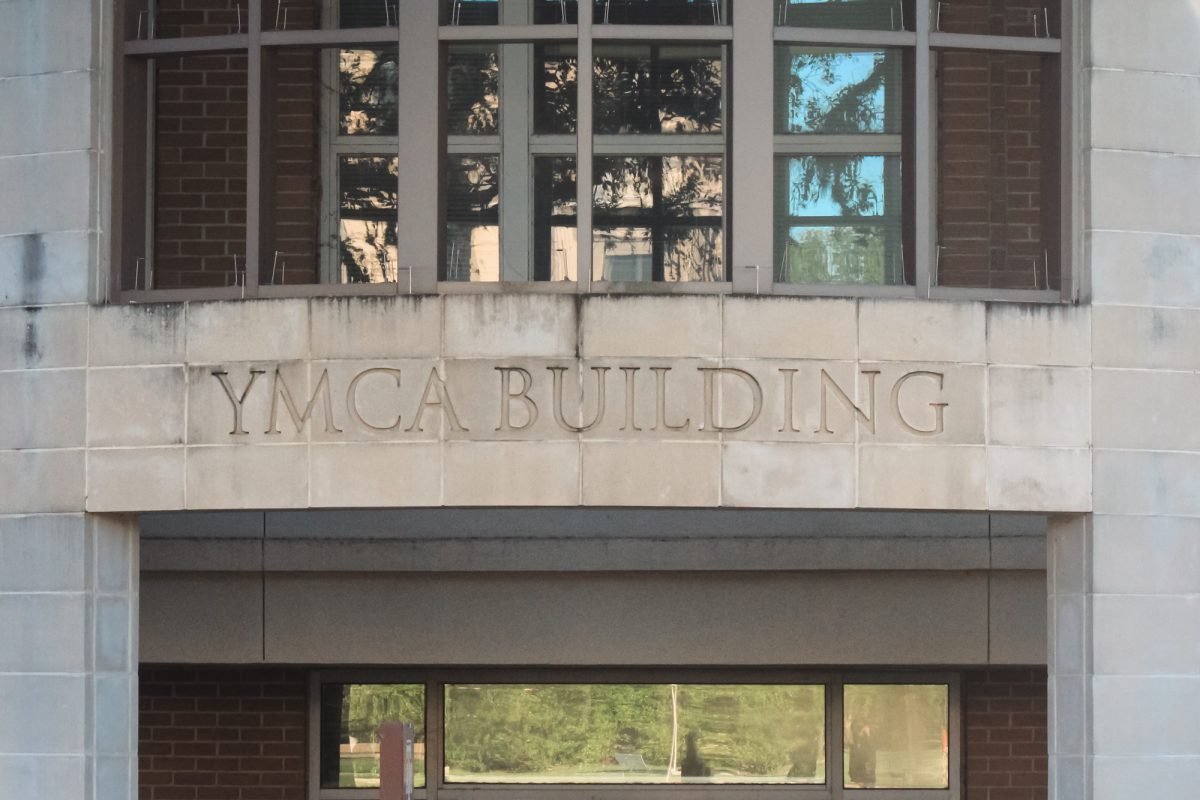



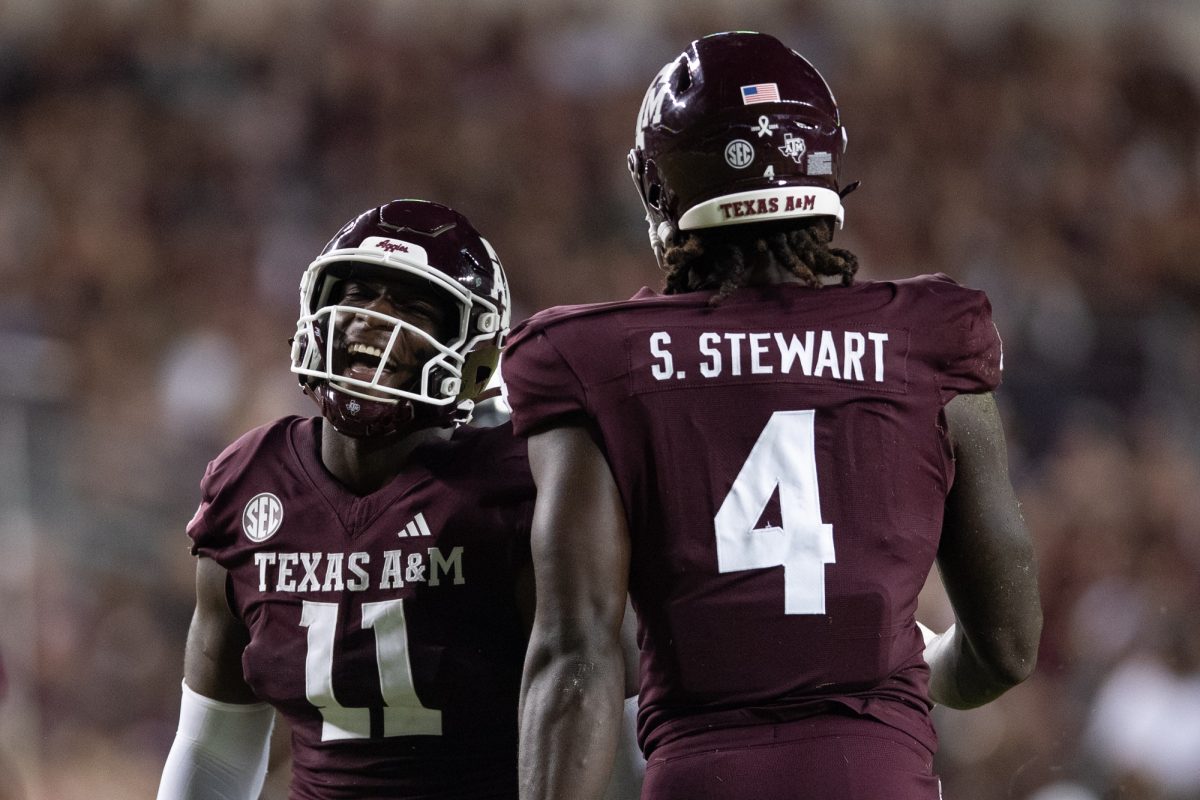





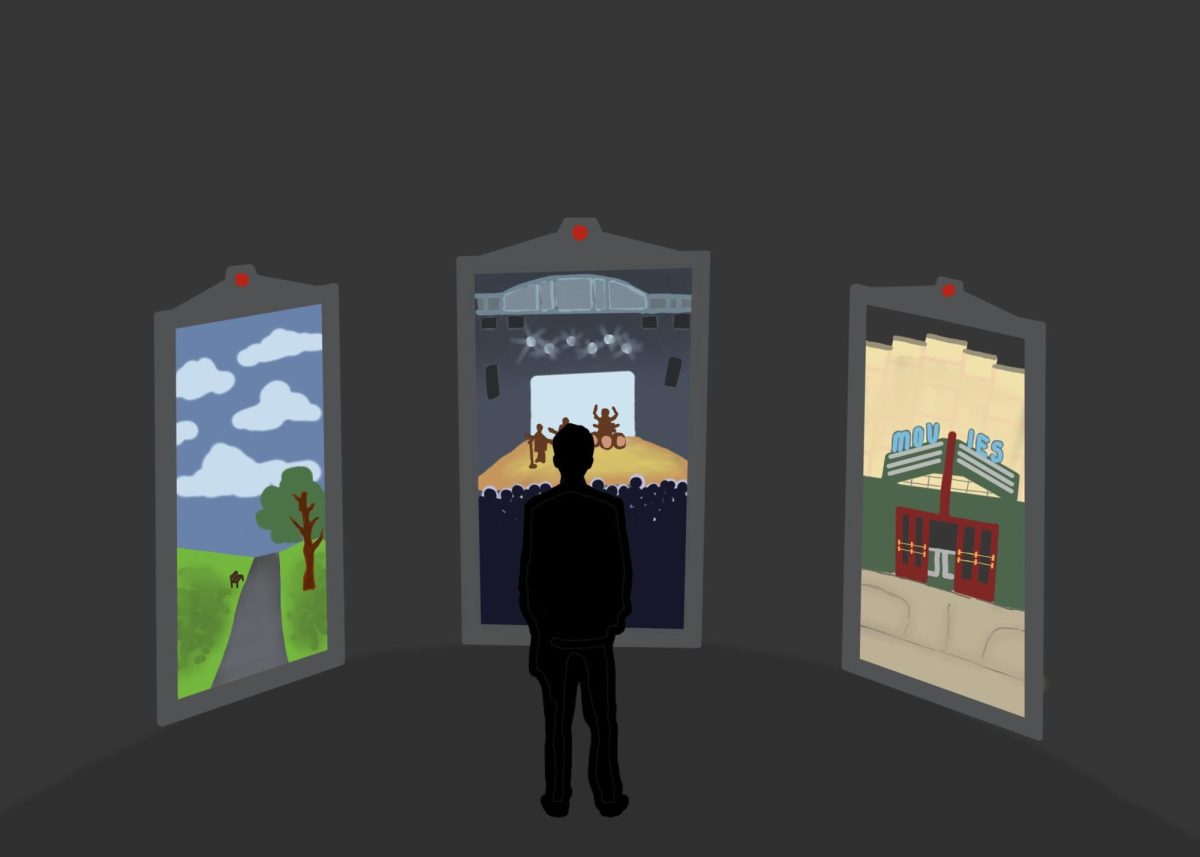


Jeffrey • Feb 21, 2024 at 1:09 pm
After working as a waiter, I can confirm that tipping shouldn’t be extended outside of waiting.